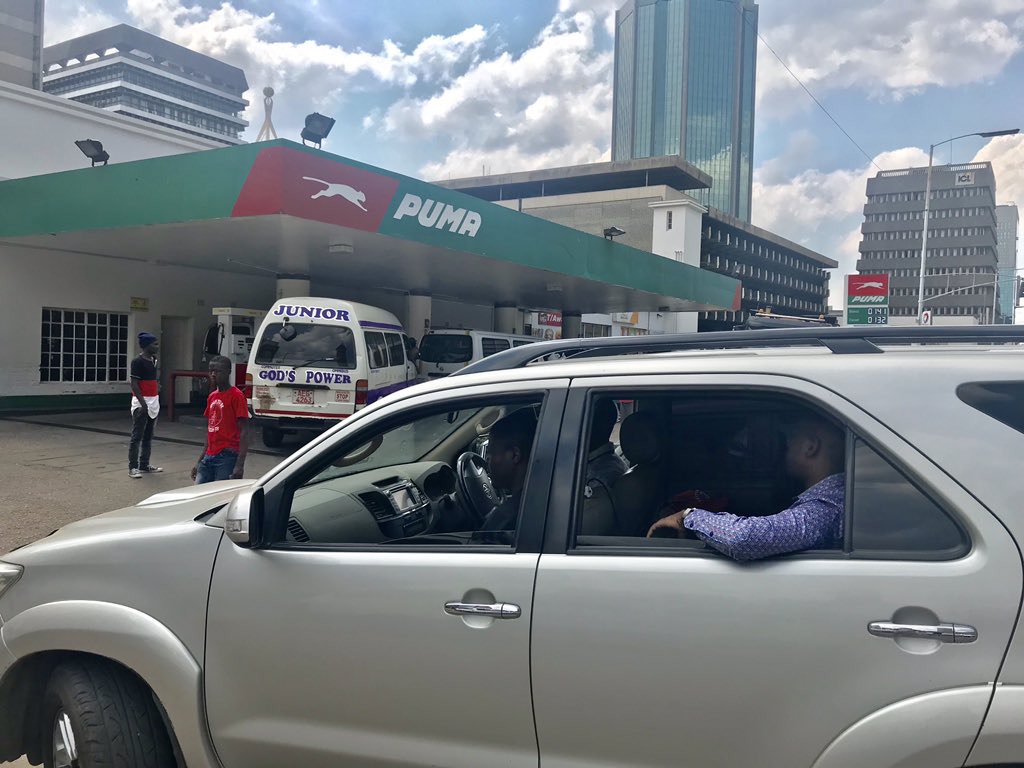By Elvis Dzvene
Zimbabwe is not cursed from accessing international financial assistance but actually the nation cursed itself in various ways as narrated below.
There are more headlines promising financial assistance from International Money Lenders and some countries yet nothing has come on the table.
Apart from the Zimbabwe Democracy Recovery Act (ZIDERA), the nation cursed itself in a number of ways, which made it to be considered as a high-risk country as highlighted below.
Corruption and mismanagement of funds by some government officials and politicians also aggravated the problem. The corrupt politicians own valuable assets such as houses and companies in and outside the country to mention a few.
There was embezzlement of borrowed funds. Those funds benefitted a few individuals. The embezzlement of funds resulted in deterioration of economy growth, due to failure of companies to get assistance from relevant authorities.
Domestic investors fear to invest and reside in their country. This raises eyebrows of fear of economic failure. Lenders were made to believe that the environment is not conducive for lending. High brain drain is witnessed due to speculations being made. The economy is heading towards the era of the 2008 hyperinflation. Some Zimbabweans businesses tend to heavily invest in other countries than in their own country due to perennial economic turmoil in Zimbabwe.
There is a ubiquitous budding tendency of printing local currency in Zimbabwe for instance printing of bearer cheques and bond notes as a trick to pay some of its local debts from companies and banks they owe. This drives away good money and fuels inflation.
The lack of credibility of the previously contested elections plays a significant role in dragging back financial assistance. Electoral petitions were filed against the election results on the last three harmonised elections of 2008, 2013 and 2018 paint the picture of a country where democracy is suppressed.
Zimbabwean economy is regarded as a political economy: According to a friend from one international lending institutions political economy is when all the economic policies made are tailored in such a way that they present interest of the governing party first and mostly than the interest of the public.
Because of that, International lenders assume that their economic development agendas are sidelined hence some decide to withdraw their funding.
Lack of long-term sustainable investment strategies: Zimbabwe has become one of the top countries, which borrows money to import consumable goods and luxury goods for instance expensive cars for government officials instead of reviving companies and opening new ones.
This is evidenced by persistent dry spells of foreign currency in the country. Funds are being siphoned to trading partner countries such as South Africa and Zambia as Zimbabwe tends to depend more on imports, such as fuel, medical drugs, clothes and rice.
Lack of property rights after the shambolic land reform program: The fast track land resettlement programme plays a significant role in inducing fear to foreign investors. That history is repeating itself. Productive white commercial farmers were violently chased away from country without a single penny in compensation. Countries of the victimised farmers and company owners with influence to international lenders tend to decline Zimbabwe financial assistance.
There is lack of transparency on government financial statements on expenditures. This include the unaccounted for $15 billion. It’s still a surprise to international lenders that a country facing financial problems simply ignores the missing $15 billion.
Elvis Dzvene is a final year Undergraduate Student at Midlands State University, studying Bachelor in Commerce Banking and Finance Honours Degree
